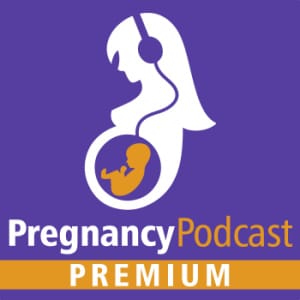Overview
As soon as most expecting mothers hear the words postpartum depression, they tune out and skip over this topic. If you have never experienced depression, it is the last thing you think you need to know about, especially at a time in your life when you expect to be the happiest. Baby blues and postpartum depression are a complication of birth. The baby blues are estimated to occur in about 50% or more of women. Some studies show an even higher prevalence at nearly 80%. One in seven mothers will experience postpartum depression, and 40% of those mothers will have onset after birth. Over the last few decades, research shows that the number of new moms experiencing postpartum depression is increasing. This article covers the symptoms of the baby blues and postpartum depression, how to get help, and how to protect your mental health postpartum.

